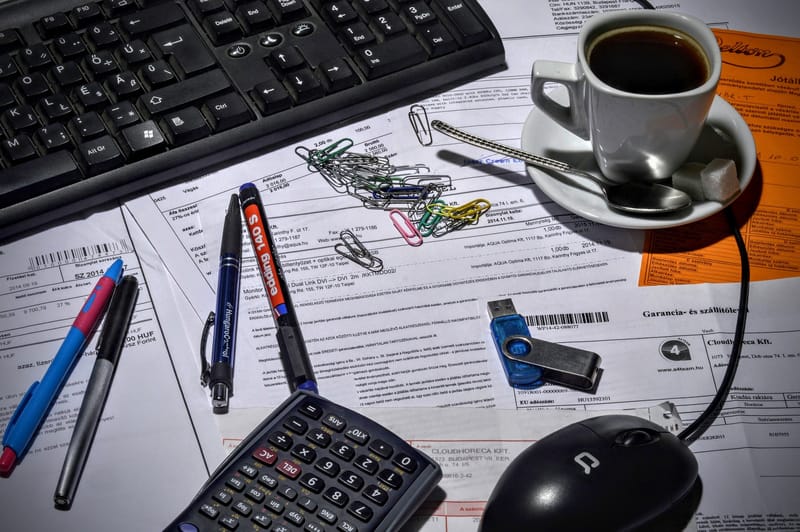Keeping Records for Home Tax Breaks

Paperwork is normal part of life, school, work and taxes, and owning a home is no different. It’s important that you keep records of anything relating to your home.
- If you need to file a disaster, casualty, or theft loss, you’ll need paperwork.
- If you install energy-efficient appliances, you’ll need the receipts.
- To deduct mortgage interest or real estate tax, you’ll need a Form 1098 or other statement showing how much interest you paid.
All of these plus many other tax breaks and advantages require a paper trail, and having a way of keeping records is the first important step.
What Should You Keep?
Bank statements show when and how much was withdrawn for mortgage payments.
Credit and debit card receipts can be your records for any renovations or upgrades to your home. If you installed medically required equipment or upgrades, the receipts are supporting documents when deducting the expenses. The receipts are also helpful for valuing property if you file a disaster, casualty, or theft loss.
If you used a first or second home to secure a home equity loan for a substantial home improvement project, keep records like receipts for materials or invoices from qualified contractors. The receipts for materials and services support your home interest deduction.
Paperwork for selling a home: Keep any documents you receive or create when selling your home. This includes any appraisals, legal paperwork, mortgage documents, and receipts for improvement or repairs.
Rental property records: If you rent your home or a part of it, keep all records, including rental agreements, tenant payments, rental expenses, and any other legal or financial documents associated with the property.
How Long Should You Keep Records?
The IRS recommends that you keep any records or documents used for deductions or credits at least seven years after filing your return. Keeping the records helps in case of a questionable return or even an audit.
How Should You Store Your Records?
We recommend you use a cloud backup service for storing your records. There are lots of options here, such as Google Drive or Dropbox. As your paper documents and important papers come to you, just scan and upload to your storage. And if you receive bank and credit card statements by email, take the time to save those records to your storage.
If you don't have a scanner, you can use a digital camera, cellphone, or other device with a camera. The IRS will accept digital photos as valid records. Just snap and upload.
If you have paper documents, it's best to store them in a fireproof home strongbox. And keep that in a place where you can easily grab it if you need to evacuate your home quickly. Storage outside the home is a good idea, such as in a bank safe deposit box.


